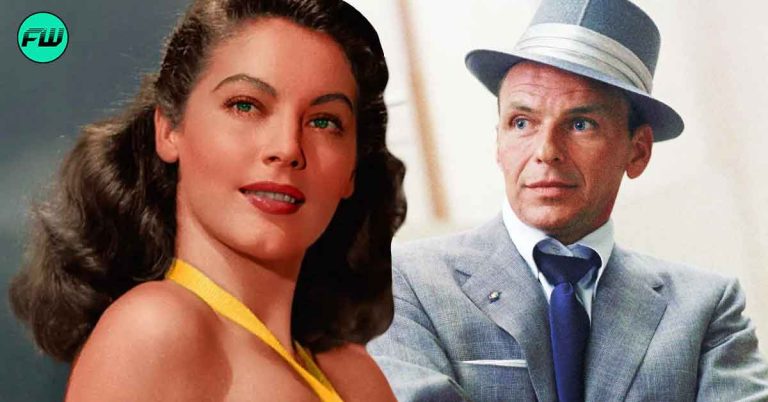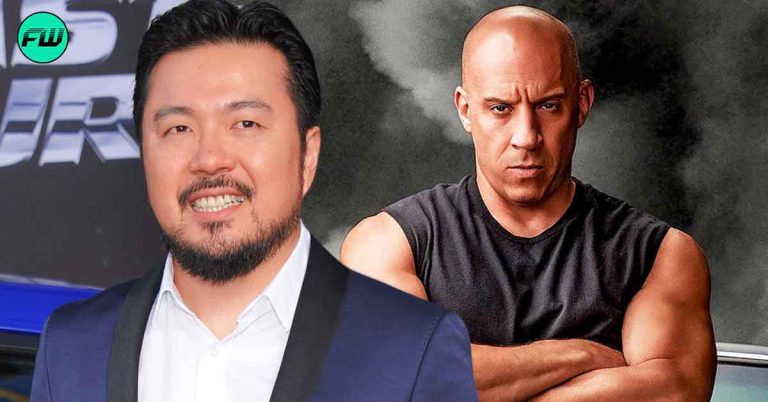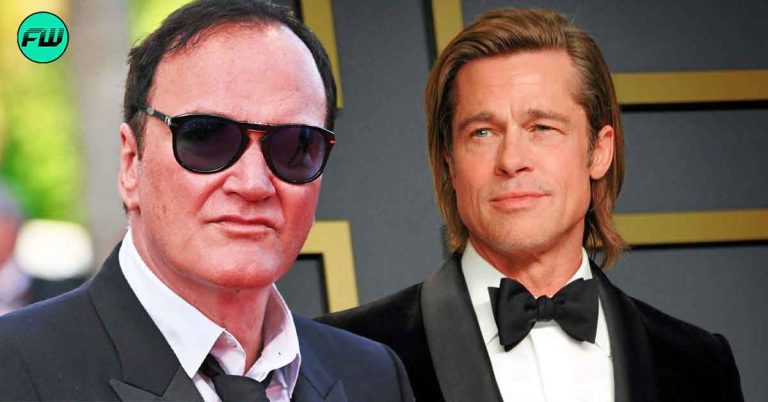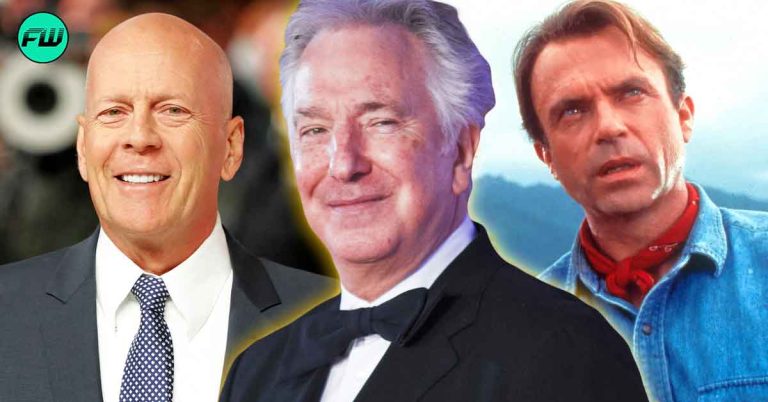Martin Scorsese set out to make a film that was unlike anything he had ever made, 30 years ago. The Last Temptation of Christ is the biblical saga of Jesus Christ, up until his crucifixion.
The movie would later garner Scorsese a nomination for Best Director at the Oscars (along with two Golden Globe nominations), but it would also stir up controversy, as it was the target of several demonstrations that were successful in reducing its box office performance.
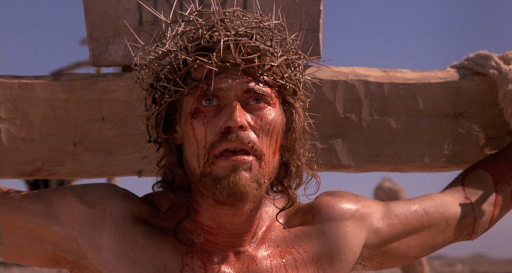
Willem Dafoe, who played the biblical protagonist in the movie, recalls his first encounter with Scorsese, working on the “most demanding” role of his career, and the controversy that has dogged the movie for 20 years.
Willem Dafoe became the face of controversy
Willem Dafoe, one of Hollywood’s biggest actors and an Oscar nominee for his performance as a motel manager in The Florida Project, claims that playing Jesus in Martin Scorsese‘s 1988 film
The Last Temptation of Christ directly affected him. Upon its debut, the film, which depicts Christ coming down from the crucifixion and succumbing to Satan’s (embodied in the shape of an angelic girl) temptation to live a luxurious life, sparked a great deal of criticism, mostly aimed at Scorsese and Universal Pictures. But Dafoe claims he was also collateral damage.
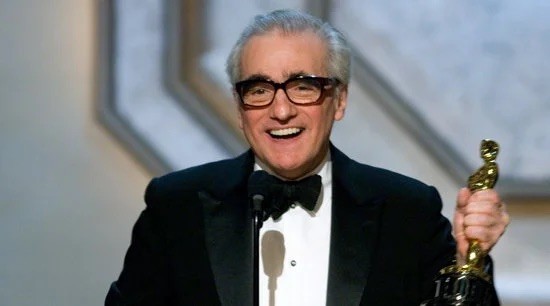
The film takes a daring approach to the life of Jesus Christ, presenting a fictional account that explores his internal struggles and doubts. Love it or hate it, The Last Temptation of Christ ignited heated debates and challenged traditional interpretations, making it a thought-provoking piece of cinematic history.
The aftermath of the film took a seemingly huge toll on Dafoe’s career; at least for a while
Following the premiere of the controversial movie, Dafoe was the target of unending criticism and scrutiny. Studios were reluctant to cast him in additional projects as a result of the apparent “blasphemous” nature of the film. Dafoe’s involvement in the controversy that was The Last Temptation of Christ became a liability for him, forcing him to suffer the consequences of its negative reception.

Soon after the public outrage over the film, Dafoe was abruptly dropped from two films. The industry’s response to his association with The Last Temptation of Christ was blunt and uncompromising, with filmmakers and studios unwilling to take a chance on him.
“I was actually cast in a role and I got a call from the head of the studio, said: ‘Over my dead body you are in this. Forget what the director said to you. You are not going to be in this movie, OK? You understand? Maybe another time, but not this one because … you played Jesus.’”
A much fresher consequence, Dafoe revealed:
“There was another movie that was financed by people from the religious right that were not quite down with this movie, and the director was all set to go and they said, ‘No, we cannot do [it].’”

Willem Dafoe discussed playing Jesus in Martin Scorsese’s 1988 film adaptation of Nikos Kazantzakis’ 1955 novel The Last Temptation of Christ in a 1988 interview with journalists from the Hollywood Foreign Press.
“It seems like the most logical thing to do would be to read the source material, but I didn’t, which is interesting, because I didn’t want to burden myself with any expectations or be influenced by any images, so you try to free yourself from them as much as possible. I wanted to do the walk and do the talk, to place myself from ground zero, actually paring down, rather than gaining a knowledge. I had to start out from a place that was very neutral and get away from any preconceived notions of what Jesus should be like. I placed myself in a very centered place where I could react off the different events in the story, and the most important thing was to approach it moment by moment.”
Despite it all, Dafoe’s talent as an actor could not be suppressed by one wrong choice and he was able to rise back up. He still is known as one of the best there is, gaining both critical acclaim and amassing a huge fandom.
Source: Hollywood Reporter






